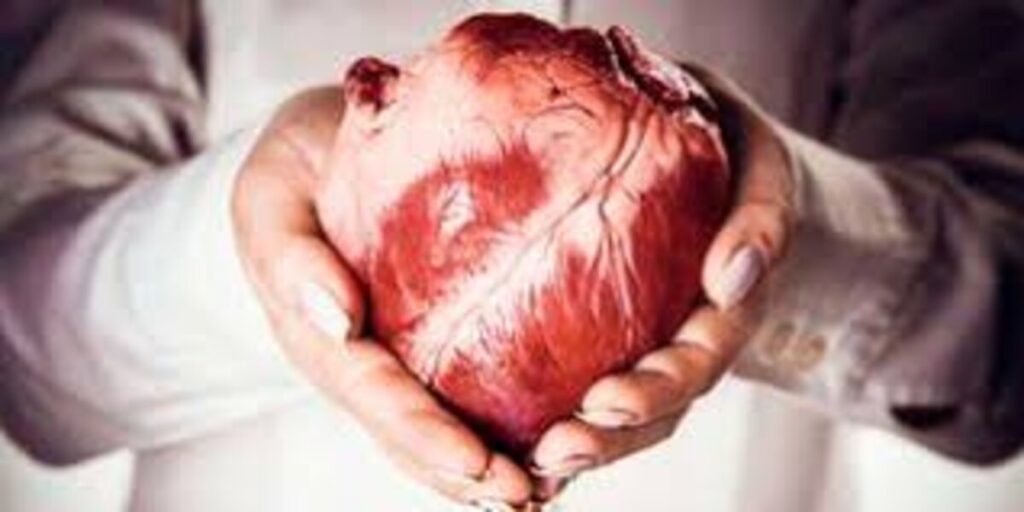
Overview
Considering someone for organ and tissue donation at the end of life is complicated. The boundary between life and death is more complex than ever before and it falls to medical professionals to help clarify a situation at an often confusing and emotionally stressful time.
In this course you will learn about the science behind death determination and when it is possible for deceased organ donation take place. This includes the medical standards at the end of life – from brain death testing, to requesting informed consent from a grieving family. By improving knowledge of good ethical practices, cultural and religious considerations, and the logistics of the organ donation process this course will empower the interactions and discussions of medical professionals and the general public at an often confusing time.
This course will help you to ensure that the option of organ donation is compassionately explored in all appropriate situations at the end of life in the best way possible.
Watch the course trailer here https://www.youtube.com/watch?v=Ak-kVtmZGRs
The course is certified for continuing professional development (CPD) points in South Africa. Send your completion certificate to [email protected] together with your HPCSA number for 25 general and 5 ethics points.
For another interesting course on organ donation and transplantation, see Clinical Kidney, Pancreas and Islet Transplantation from Leiden University https://www.coursera.org/learn/clinical-kidney-transplantation
Syllabus
- Brain Death and Consent
- Welcome to the first week of Organ Donation – From Death to Life. In our first lesson we cover the two absolute prerequisites for deceased organ donation: That the donor must be dead and that there must be consent. Our second lesson takes a look at the history of, and the actual mechanism of brain death as well as the story behind the first heart donor. While our third lesson reviews in detail the scientific determination of brain death, from the preconditions that must be met before testing, to the actual tests themselves, including the role of ancillary tests. Our final lesson will look at the consent process, how to communicate effectively with a grieving family and what is the best way to make the organ donor request.
- Donation after Circulatory Death
- Not all end of life decisions in the Intensive Care Unit and the discussions that go with them can rely on the clarity of a brain death diagnosis. Just under half of all deaths in Intensive Care Units involve non-beneficial treatment being withdrawn or withheld. In less well resourced countries limited access to ICU means these decisions as to when treatment is futile frequently occur earlier, outside of the ICU setting. In week 2 we will discuss end of life care and the ethical principles which help guide us in making difficult decisions in the ICU. What do we do when interventions may prolong suffering with no reasonable chance of recovery? We will see how the dead donor rule can be applied after circulatory arrest and that in certain patients it may be possible to honour their wish to be an organ donor. We will cover the different types of donation after circulatory arrest and go over the process of donation after circulatory death in detail. We will end the week by covering tissue donation and what happens to the body of the donor after the organ donor operation is complete.
- The Organ Donation Process
- Who can donate? What can be donated? In this week you will learn that the number of potential organ donors is far larger than you ever thought. In the first lesson we look at the organ donation process in detail. We cover the assessment of a donor in terms of infection and malignancy risk and how individual organs are assessed for potential transplant. We look at the monitoring and interventions required to achieve various physiological goals in the organ donor. Managing a potential donor well and dealing with the complications associated with brain death is essential to maximizing the number of organs that are transplantable. It is not markedly different from any critically ill patient with multi-organ failure. We then look at the organ recovery process and how the organs are preserved and transported to the various recipients. In the second lesson the waiting list and allocation practices are discussed in detail so that you can see how donated organs are allocated fairly and how the benefit is maximized. We end the week with an overview of what each recipient operation entails and show you four interviews – all recipients of an organ transplant – given a new lease on life because of one brain dead donor and a family who consented to organ donation in a time of great personal tragedy.
- Ethical Issues in Transplantation
- Congratulations! You’ve reached the final week of the course Organ Donation: From Death to Life. Many factors influence organ donation rates across the world – from religion and culture to where you live and what resources are available. In our final week we will take a look at the role of money and travel in organ transplantation and show you the steps being taken to stamp out organ trafficking and transplant tourism. Dr Boitumelo Nkgudi a colleague of mine from Department of Surgery will speak to us on the influence that different religions and cultures have on organ donation. Organ donation comes with a lot of stigma and religious and cultural competence is essential to connecting with potential donor families before asking for consent for organ donation. We will end off our last week by looking at how to assess the true potential of deceased organ donation, what deceased organ donation models exist, and possible strategies to improve them including improving public awareness. Nobody can do everything when it comes to transplantation – but everybody can do something… Enjoy the last week of the course.

